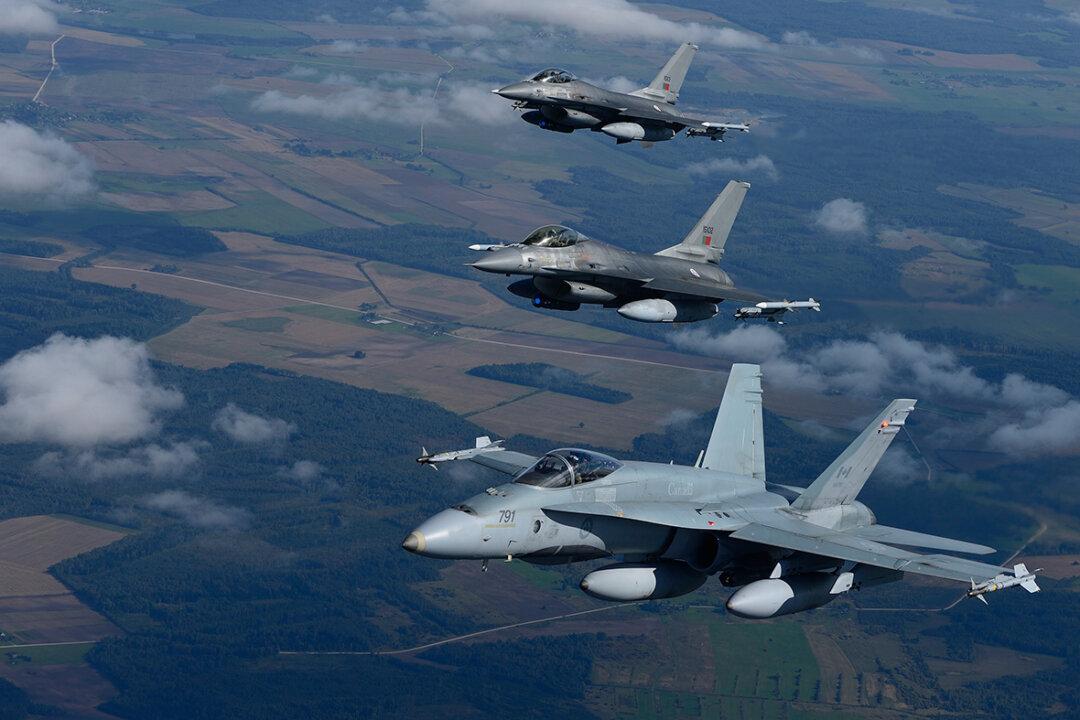Two days after the North Atlantic Treaty Organization (NATO) declared Beijing a “systemic challenge” to the rules-based international order, China’s state-run media on June 16 repeated prior remarks by French President Emmanuel Macron calling the alliance “brain dead.”
The Chinese Communist Party’s (CCP) mouthpiece CCTV published an article on Wednesday criticizing NATO for being stuck in “rigid and backward thinking” as the regime pushed back on an official communiqué signed by the leaders of 30 countries naming China as a top concern of the military alliance.





